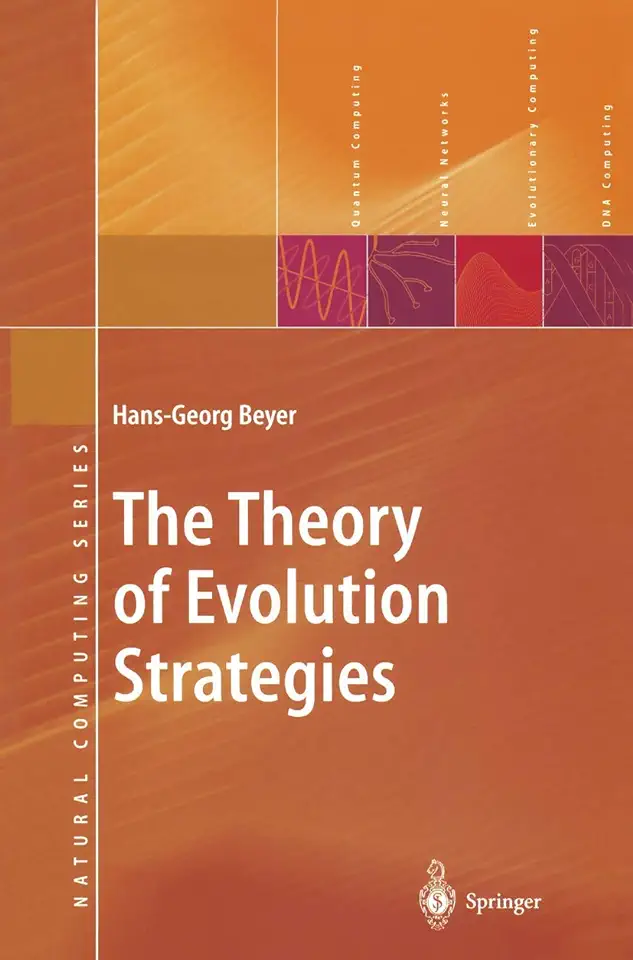
The Theory of Evolution Strategies - Hans Georg Beyer
The Theory of Evolution Strategies
Introduction
In the field of evolutionary computation, evolution strategies (ES) are a class of optimization algorithms inspired by the principles of natural evolution. ESs are particularly well-suited for solving complex, real-world problems where traditional optimization methods may struggle. This book provides a comprehensive and up-to-date treatment of the theory of evolution strategies, covering both the theoretical foundations and practical implementation details.
Key Features
- Comprehensive coverage: This book provides a comprehensive overview of the theory of evolution strategies, from the basics to the most advanced concepts.
- Rigorous mathematical treatment: The book presents a rigorous mathematical treatment of ESs, providing a solid theoretical foundation for understanding their behavior and performance.
- Practical implementation details: The book also includes practical implementation details, such as how to choose appropriate parameters and how to deal with common problems.
- Numerous examples and illustrations: The book is illustrated with numerous examples and illustrations, helping readers to understand the concepts and techniques presented.
Benefits of Evolution Strategies
Evolution strategies offer a number of advantages over other optimization methods, including:
- Robustness: ESs are robust to noise and other disturbances, making them well-suited for solving real-world problems.
- Adaptability: ESs are able to adapt to changing conditions, making them suitable for solving problems where the objective function is not known in advance.
- Parallelizability: ESs can be easily parallelized, making them suitable for solving large-scale problems.
Applications of Evolution Strategies
Evolution strategies have been successfully applied to a wide range of problems, including:
- Optimization of complex functions: ESs can be used to optimize complex functions, such as those found in engineering design and financial modeling.
- Machine learning: ESs can be used to train machine learning models, such as neural networks and support vector machines.
- Robotics: ESs can be used to control robots, allowing them to learn how to perform tasks without explicit programming.
Conclusion
The Theory of Evolution Strategies is a comprehensive and up-to-date treatment of the theory of evolution strategies. This book is a valuable resource for researchers, practitioners, and students interested in evolutionary computation and optimization.